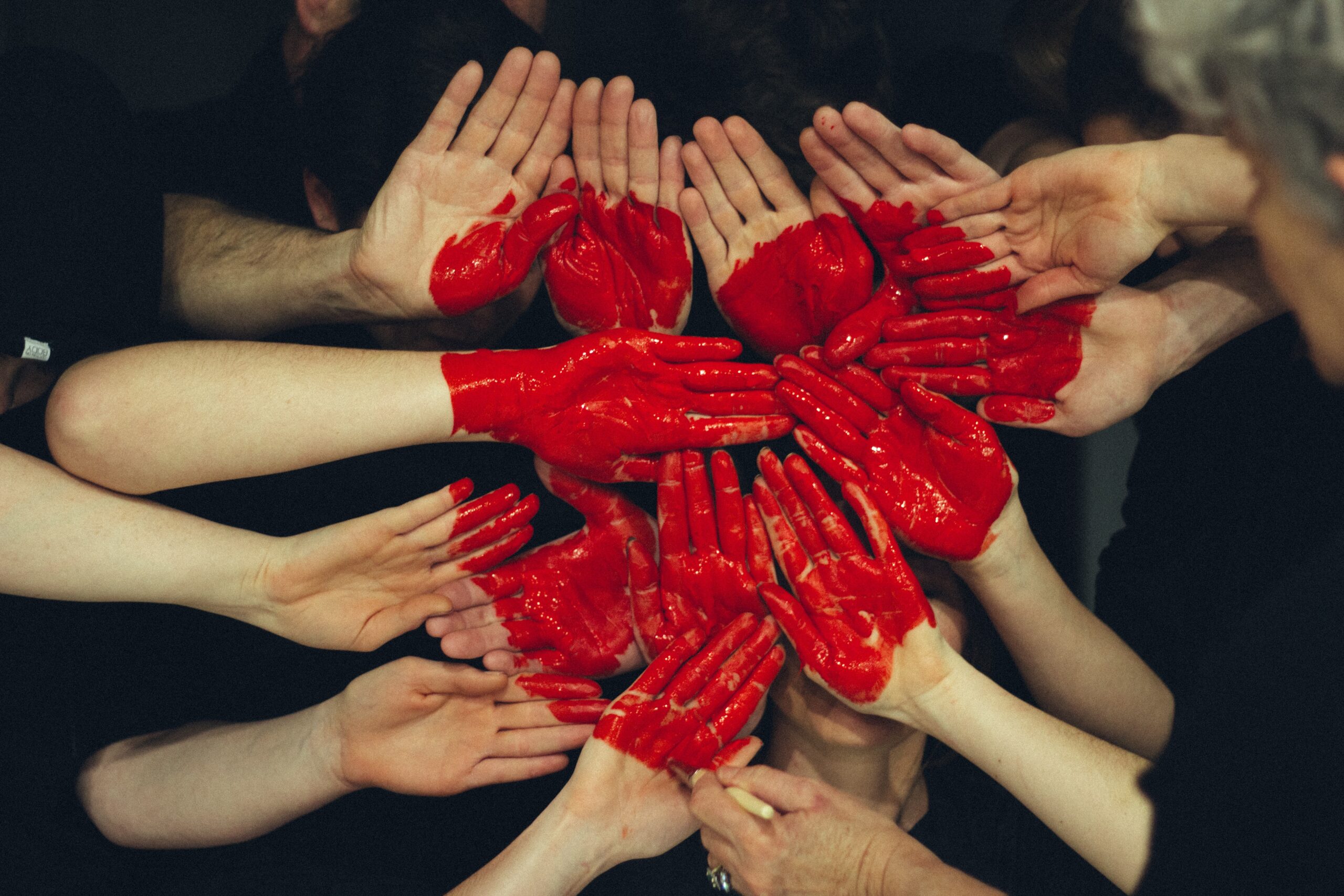Have you ever wondered about the different types of relationships that people have? Well, in this article, we’ll explore the three most common types of relationships. Whether you’re curious about romantic partnerships, friendships, or familial bonds, we’ll provide an overview of each type and highlight their key characteristics. By the end of this read, you’ll have a better understanding of the various dynamics that shape our connections with others. So, let’s dive in and explore the fascinating world of relationships together!

1. Romantic Relationships
Romantic relationships are an essential part of our lives, providing us with love, companionship, and fulfillment. There are various types of romantic relationships, but three of the most common ones are monogamous relationships, polyamorous relationships, and long-distance relationships.
Monogamous Romantic Relationships
Monogamous relationships are the most traditional and widely recognized form of romantic relationships. In a monogamous relationship, both partners commit exclusively to each other, promising to be faithful and dedicated to the relationship. Monogamy provides a sense of security and emotional intimacy, as both partners invest their time, effort, and emotions into nurturing the bond between them. These relationships often involve shared goals, a deep level of trust, and the desire for a long-term commitment.
Polyamorous Romantic Relationships
Polyamorous relationships, on the other hand, involve more than two individuals who are romantically and emotionally involved with each other. In polyamory, all partners consent to and engage in multiple concurrent relationships, with honesty, communication, and mutual respect being the foundation of such relationships. Polyamory challenges the societal norms of monogamy and allows individuals to explore and develop multiple connections on emotional, physical, and spiritual levels. This type of relationship requires open and honest communication, managing jealousy, and establishing clear boundaries to ensure the well-being and happiness of all involved.
Long-Distance Romantic Relationships
Long-distance relationships occur when partners are geographically separated, often due to reasons such as work, education, or other responsibilities. While being physically apart can be challenging, long-distance relationships can thrive with strong communication, trust, and dedication. These relationships require creativity and effort to bridge the distance, such as scheduled video calls, surprise visits, and finding ways to stay connected emotionally. Long-distance relationships can strengthen bonds as partners learn to appreciate and value their time together, fostering a sense of longing and anticipation for reunions.
2. Friendship Relationships
Friendships play a vital role in our lives, offering support, companionship, and shared experiences. There are various types of friendship relationships, including casual friendships, close friendships, and acquaintances.
Casual Friendships
Casual friendships are often the most common type of friendship encountered in daily life. These friendships are characterized by a relaxed and superficial level of connection, typically centered around shared interests, activities, or circumstances. Casual friendships may involve occasional socializing, small talk, and mutual enjoyment of hobbies. While casual friendships may not involve deep emotional bonds, they still provide a sense of social belonging and an opportunity for enjoyable interactions.
Close Friendships
Close friendships are deeper and more significant than casual friendships. These friendships involve a high degree of emotional intimacy, trust, and support. Close friends are often considered as chosen family, with whom you can share your deepest concerns, secrets, and experiences. In close friendships, there is a sense of mutual understanding, acceptance, and loyalty. Close friends are there for each other through thick and thin, celebrating joys and providing unwavering support during difficult times. These friendships require investment, effort, and a willingness to be vulnerable and open.
Acquaintances
Acquaintances are a step below casual friendships and typically involve minimal interaction and little emotional investment. Acquaintances are people who you may know by name, face, or general context, but the relationship is distant and lacks the depth of close friendships. These relationships often exist within professional or social settings, with limited interactions beyond specific contexts. Acquaintances can still be pleasant and cordial, but they generally do not involve a significant emotional bond or long-lasting connection.

3. Family Relationships
Family relationships are the foundation of our lives, shaping our identity, values, and experiences. The most common types of family relationships are parent-child relationships, sibling relationships, and extended family relationships.
Parent-Child Relationships
Parent-child relationships are fundamental and formative, shaping an individual’s upbringing and character. These relationships encompass the bond between parents and their biological or adopted children. Parent-child relationships are built on love, care, guidance, and responsibility. Parents play a crucial role in providing emotional, physical, and financial support, nurturing their children’s growth and development. Children, in turn, learn from their parents’ guidance and establish a lifelong connection that typically evolves into a supportive and reciprocal relationship.
Sibling Relationships
Sibling relationships are unique and diverse, varying in dynamics and experiences. Siblings share a common family background and grow up together, often forming enduring bonds of love, support, and companionship. Sibling relationships can be characterized by rivalry, camaraderie, shared memories, and shared experiences. While conflicts and differences may arise, siblings often have an innate understanding of each other, providing a sense of belonging and support throughout their lives.
Extended Family Relationships
Extended family relationships encompass connections beyond immediate parents and siblings, including grandparents, aunts, uncles, cousins, and more. These relationships contribute to a sense of belonging and heritage within a broader family network. Extended family relationships can provide emotional support, wisdom, and a sense of continuity by connecting individuals to their roots and cultural traditions. These relationships often involve family gatherings, celebrations, and shared experiences that strengthen the bond and create lasting memories.
In conclusion, relationships play a significant role in our lives, enriching our experiences, and fulfilling our emotional and social needs. Romantic relationships, friendship relationships, and family relationships provide unique connections, each with their own dynamics, challenges, and rewards. Understanding and nurturing these relationships allows us to cultivate deeper connections, build meaningful bonds, and enhance our overall well-being and happiness. So, whether you’re exploring romance, cultivating friendships, or cherishing family ties, remember to invest the time, effort, and care required to foster and maintain these valuable connections.


